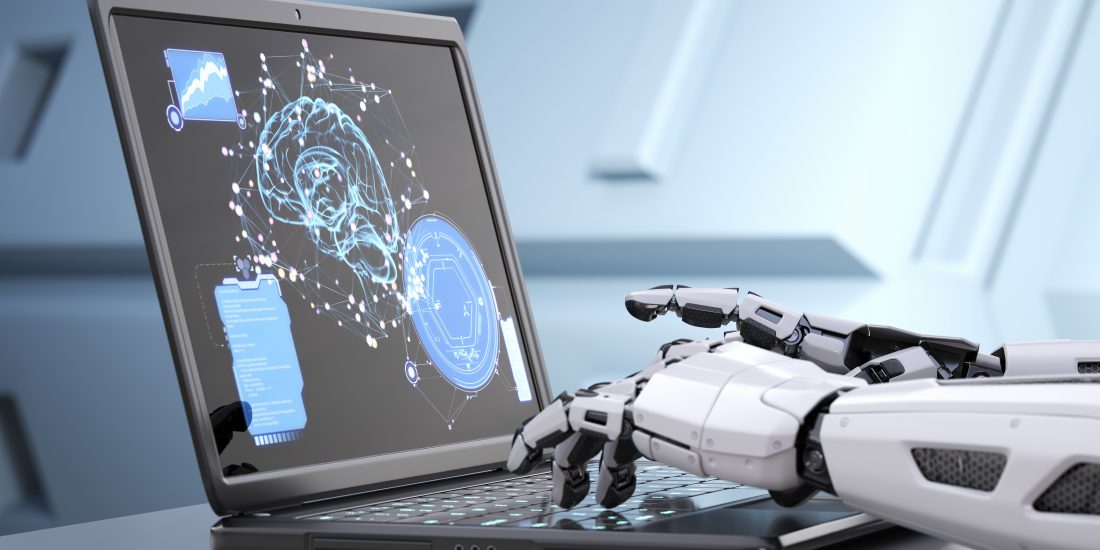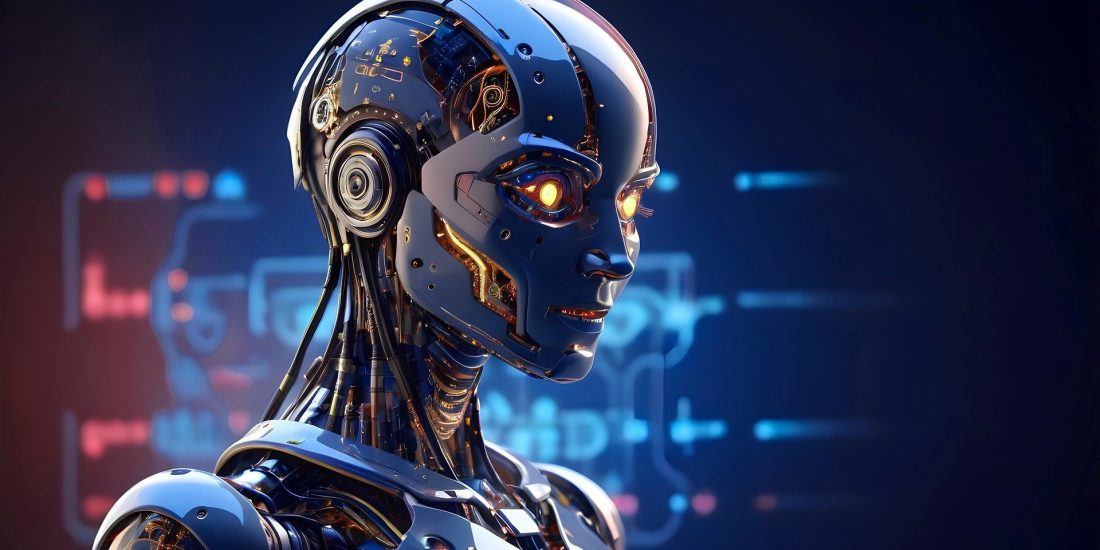
Understanding the impact of IoT
 The “Internet of Things” (IoT) is a growing topic of conversation when it comes to the workplace, but it is also popular outside of it. It’s something that could impact the way we live and work. But what exactly is IoT and what impact is it going to have on people?
The “Internet of Things” (IoT) is a growing topic of conversation when it comes to the workplace, but it is also popular outside of it. It’s something that could impact the way we live and work. But what exactly is IoT and what impact is it going to have on people?
Let’s begin with understanding a few of the basics. Broadband Internet is now widely available, the cost of using it is decreasing, and more devices are created with Wi-Fi, Bluetooth, sensors, and capabilities built into them. Moreover, the cost of new technologies are going down, and the market penetration of smart devices is skyrocketing. All those aspects create the perfect environment for the IoT.
So what is IoT and how it can impact us?
Simply said, the concept represents the connection between any device with an on-off switch to the Internet, which includes cell phones, washing machines, lamps, coffee machines, wearable devices and almost anything you can think of being connected. It also could be any machine component, like the drill of an oil rig. So the chances for a device to be part of the IoT chain is high. The analysts from Gartner said in a press release that by 2020 there will be over 20.4 billion connected devices, which represent a massive growth taking into account the fact that now there are 8.4 billion. The IoT network is represented by connected things, but the relationships will change from people-people to people to thing or thing to thing.
What’s the impact on you?
The future will most likely be “anything that can be connected will be connected eventually”. But why would you want to have so many connected devices? Well, there are many examples that show us the potential value of IoT. Let’s say that you’re planning to go to a meeting. Your car could access your calendar and give you the best route to take so you won’t be late. Also, if the traffic patterns change, it can send short notifications to announce that you will be late. What if office equipment would identify when it is running off supplies and order automatically more? We are seeing this now with the latest generations of printers.
On a larger scale, IoT could be applied to things such as transportation networks, helping us reduce waste and improve efficiency when it comes to energy use, which would make our lives better and help us spend wisely.
The fact is that IoT allows endless opportunities and connections, and its impact is hard for us to fully understand. It’s no wonder why it is such a hot topic today. It opens the door to opportunities as well as many challenges.
Security is a big concern that is often mentioned as a major risk. SANS Institute highlighted the main problems related to IoT security. According to their study, almost half of the participants (46%) mentioned that IoT has the same security problems as any application and system we use today, but 20% of them think that IoT gives companies the opportunity to create better security systems. Also, when it comes to security policies, only one-third of them said that they use such a thing. But are people ready to face any security risk? Not really. Only 4.2% are completely ready for potential problems. The rest need minor or major updates to face these threats.
The conversations about IoT will probably never end. The more we seek to understand the impact on our lives, the more we debate the challenges and opportunities. For now, the best we can do to be prepared is to educate ourselves and others about this infinite network.
If you have questions about the topic, feel free to comment on the section below.
Photo source: www.pixabay.com





Ariana Johnson
Thanks for sharing such an informative and awesome post. IoT is the next Area of Technology. it will change the concept of Devices & Things Which is Connected to the internet.
Rick Blaisdell
It has an extraordinary potential indeed to change the way things work today. But I believe it will have a positive impact.